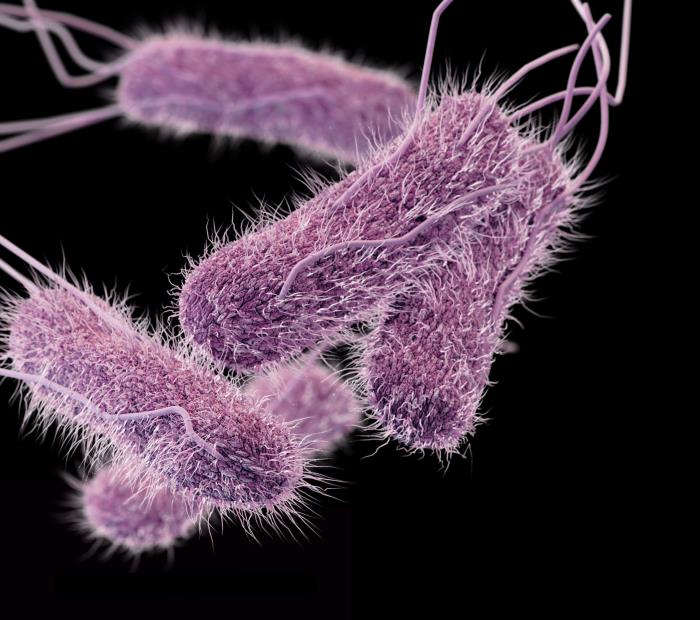Five people have died while 350 others have tested positive for typhoid in Gweru, the third largest city in Zimbabwe.

Health and Child Care Minister Dr David Parirenyatwa said residents who contracted the water-borne disease are being treated at various clinics across the city.
The disease was initially thought to be confined to four villages of the city oldest, largest and most-run down high density suburb of Mkoba. However, Dr Parirenyatwa said it has spread to all parts of the city since detection on July 23.
Preliminary investigations suggest the outbreak was caused by the widespread consumption of contaminated water from council taps and boreholes.
Save up to 40% off tours and activities in Rome
“It is clear that tap and borehole water in Gweru is not safe for drinking. We have patients who fell sick after drinking water from taps and borehole. I am therefore overriding any other statement that has been issued before to declare that water in Gweru is unsafe for human consumption.
“From now on, the government will provide water treatment pills and the municipal authorities should immediately use bowsers to provide residents with clean drinking water,” Dr Parirenyatwa said.
According to the minister, some patients exhibited signs and symptoms that are inconsistent with typhoid. This could indicate the presence of some harmful chemicals in piped and underground water for domestic consumption.
Pakistan travel warning issued due to extensively drug-resistant (XDR) typhoid fever

